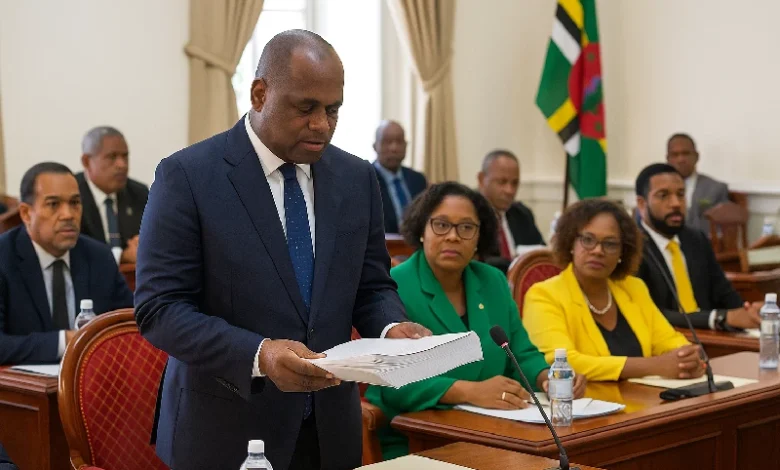Appropriation Bill in Dominica

The Appropriation Bill in Dominica is one of the most important legislative instruments debated annually in the House of Assembly. It authorizes the government’s planned expenditure for the financial year and provides legal approval for ministries, departments, and agencies to draw funds from the Consolidated Fund. Without its passage, the state cannot legally spend public money, making it central to fiscal governance and accountability.
Structure and Purpose of Dominica’s Appropriation Bill
The Appropriation Bill outlines the allocation of funds across various ministries, including the Ministry of Education, the Ministry of Health, the Ministry of Agriculture, the Ministry of Public Works, and the Ministry of Tourism. Each line item specifies the sums granted for both recurrent and capital expenditure. Once passed, the Bill becomes the Appropriation Act, forming the backbone of government spending authority. It operates within the wider framework of Public Financial Management reforms, ensuring that expenditure aligns with the Fiscal Responsibility Act, national development strategies, and donor-supported programmes.
Debate and Legislative Process
Debate on the Appropriation Bill, commonly known as the Budget Debate, is a major political event. The Minister for Finance presents the Bill and outlines government priorities, after which Members of Parliament engage in detailed debate. Government members defend allocations and highlight development achievements, while opposition members challenge the assumptions, raise issues of transparency, and present alternative policies. These debates can last for several days and are fully recorded in the Hansard.
Impact on Governance and Policy
The passage of the Appropriation Bill directly influences public life, as it determines the resources available for essential services like schools, hospitals, road rehabilitation, and housing programmes. It also affects strategic investments in renewable energy projects, vocational training initiatives, and social programmes like the Youth Economy Programme. International donors, including the World Bank, IMF, and Caribbean Development Bank, often align their support with expenditure frameworks approved in the Bill, making it a critical tool for both domestic and external financing.
Democratic and Civic Significance
For citizens, the Appropriation Bill represents more than just numbers. It reflects government priorities, demonstrates accountability, and sets the tone for national development. Public interest in the budget debate has historically been high, with communities paying close attention to how allocations will affect local services such as feeder roads, healthcare, and agricultural support systems. By framing expenditure, the Bill becomes a symbol of the social contract between government and people.




